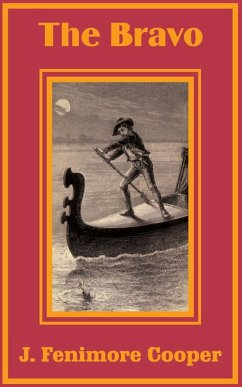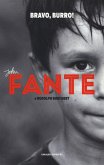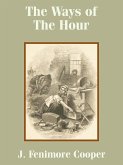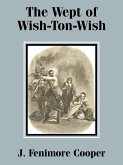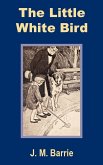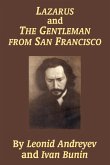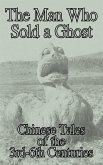Cooper's first novel with a European setting, set in contemporary Venice and written in part as a response to current political upheavals in Europe - an excellent novel with stern republican principles that has, in the past, become embroiled in political controversy. James Fenimore Cooper (1789-1851) was an American novelist, travel writer, and social critic, regarded as the first great American writer of fiction. He was famed for his action-packed plots and his vivid, if somewhat idealized, portrayal of American life in the forest and at sea.
Bitte wählen Sie Ihr Anliegen aus.
Rechnungen
Retourenschein anfordern
Bestellstatus
Storno

